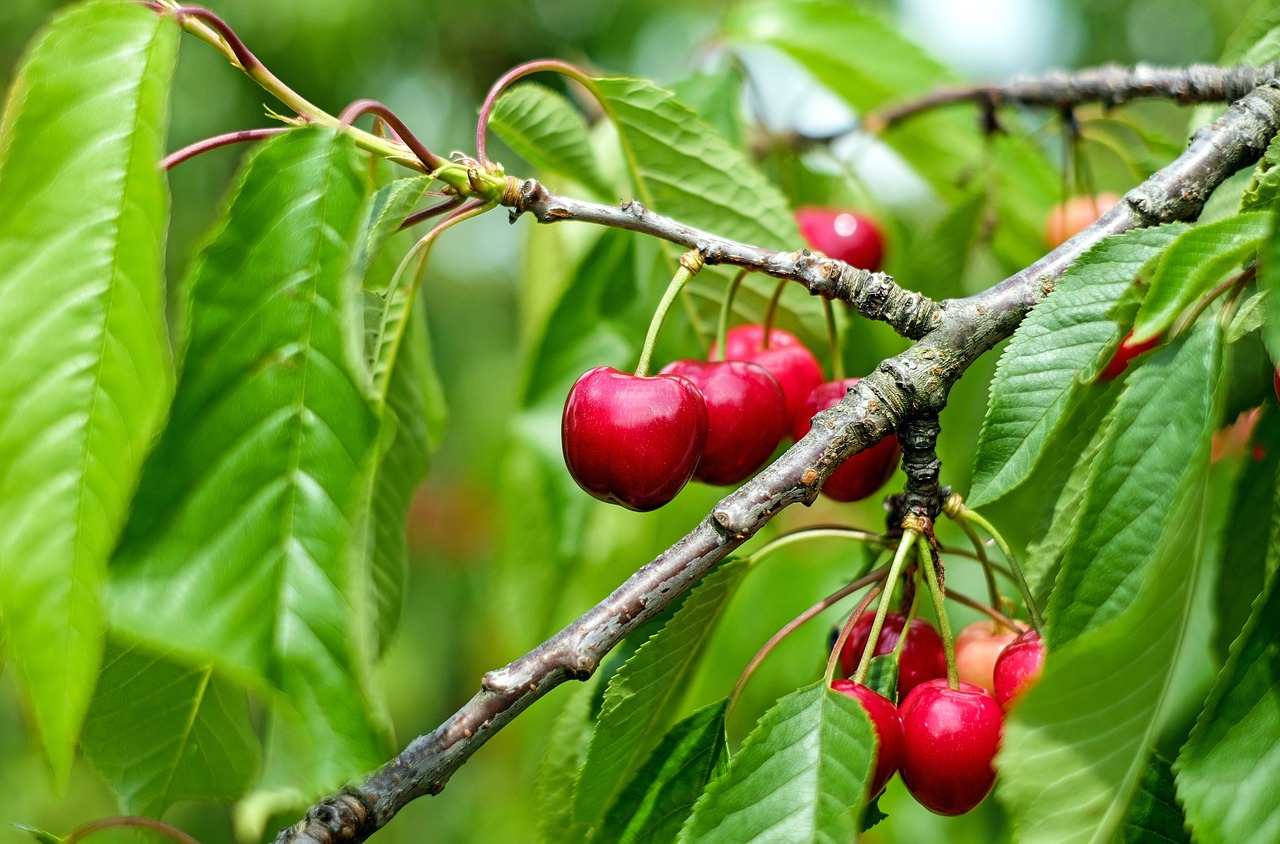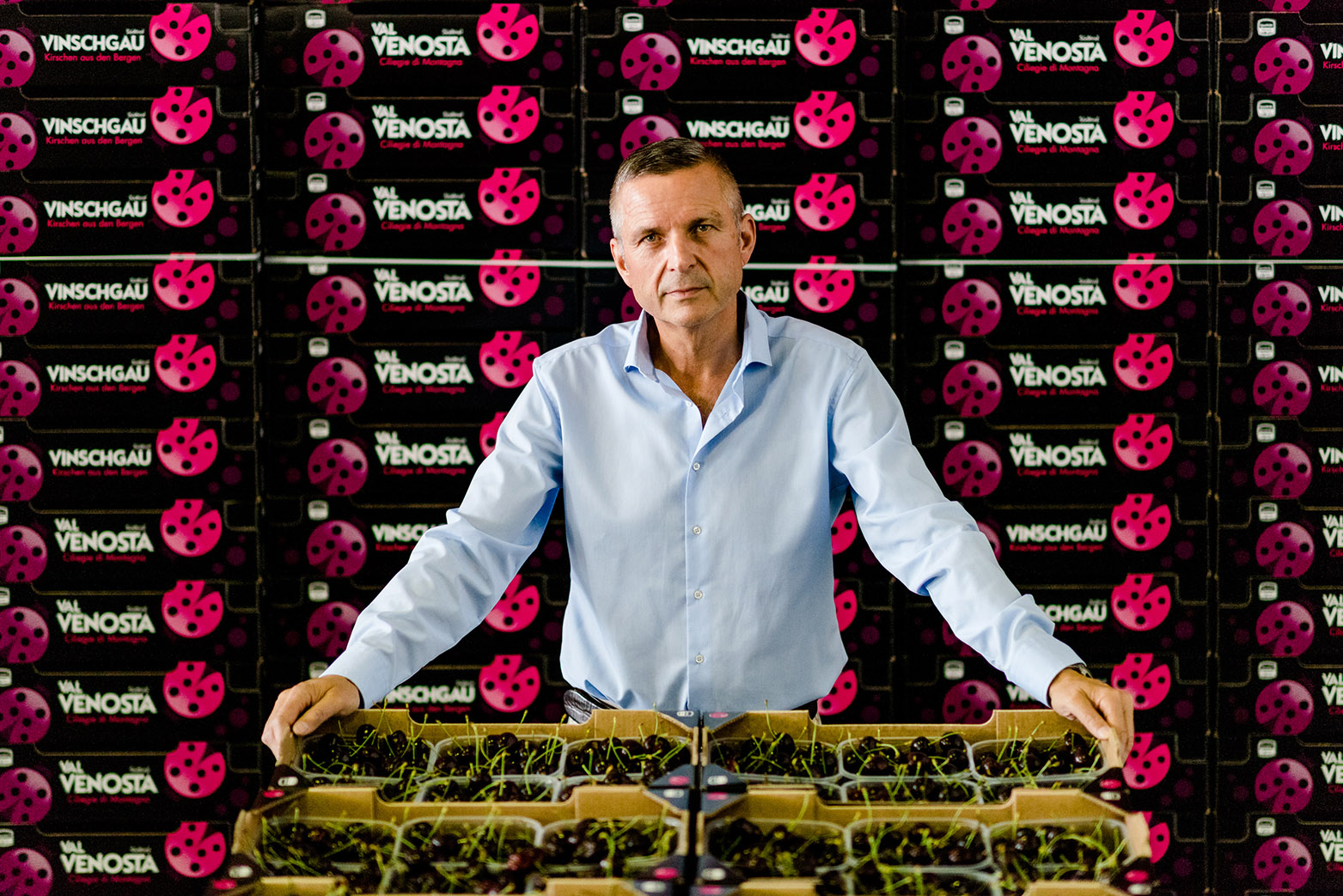Every July 16, Germany pays tribute to one of the most beloved fruits and symbols of its agricultural heritage: the cherry. But behind the sweetness of this little red gem lies a story of resilience, local supply chains, and sustainable innovation.
A valuable agricultural heritage
In 2024, according to data from Statistisches Bundesamt and AMI, Germany produced 45,000 tonnes of sweet and sour cherries. The most productive regions include Baden-Württemberg, Rhineland-Palatinate, Hesse, Saxony, and Lower Saxony, where harvesting is still mostly done by hand, supporting rural economies and product quality.
However, this local excellence is under pressure. Climate change and globalisation pose increasingly complex challenges:
- Extreme weather events such as late frosts and droughts threaten entire harvest campaigns;
- Foreign competition from cheap imported products reduces margins for local producers.
Local cherries: a conscious choice
Dr. Christian Weseloh, Managing Director of BVEO (Federal Association of Fruit and Vegetable Producer Organisations), sends a clear message: “Cherries are not just a snack, they are an act of responsible consumption.”
Buying regional cherries means:
- Reducing emissions thanks to shorter supply chains
- Choosing quality and freshness without long transport or forced preservation
- Supporting sustainable farming practices with fair wages and attention to biodiversity
Cherries as superheroes?
To raise consumer awareness, the "Deutschland – Mein Garten" campaign has chosen an ironic and appealing tone, turning cherries into true "summer superheroes."
Thanks to Instagram and TikTok, the initiative speaks especially to younger generations, promoting seasonality and environmental awareness with a pop language.
Looking ahead: innovation
German Cherry Day is not just a celebration but a moment for reflection. The future of the sector lies in:
- Varieties resistant to climate change
- Precision agriculture to optimise resources and yields
At the same time, consumers can do their part by choosing local supply chains. Every cherry purchased is not just a pleasure for the palate, but a small act of support for sustainable agriculture.
Source: vegetables.news
Image source: Raiffeisen Nachrichten
Cherry Times - All rights reserved










